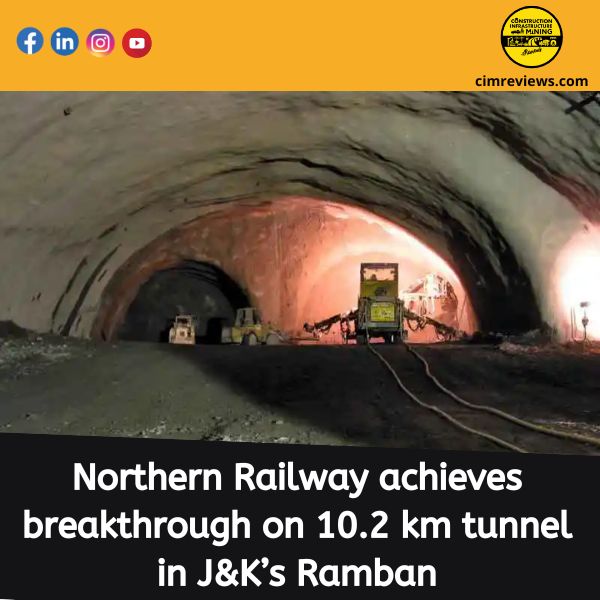%20/23%20cimr%2038.jpg)
The construction industry, traditionally associated with resource-intensive processes and environmental impact, is undergoing a transformative shift toward sustainability, thanks to technological advancements. From reducing carbon emissions and minimizing waste to enhancing energy efficiency and promoting eco-friendly materials, technology is playing a vital role in revolutionizing the way construction projects are executed. This new era of sustainable construction is driving positive change and creating a greener future for the industry.
Advanced Building Information Modeling (BIM):
Building Information Modeling (BIM) has emerged as a game-changer in the construction sector. BIM technology allows for comprehensive digital representations of building projects, enabling precise visualization, collaboration, and simulation before construction begins. By utilizing BIM, architects, engineers, and construction professionals can optimize design decisions, streamline construction processes, and minimize material waste. The 3D modeling and simulation capabilities of BIM also facilitate accurate energy analysis and efficient resource allocation, resulting in more sustainable building designs.
Green Building Certifications and Rating Systems:
Technology is instrumental in achieving and maintaining green building certifications and rating systems, such as LEED (Leadership in Energy and Environmental Design) and BREEAM (Building Research Establishment Environmental Assessment Method). These certifications recognize and reward sustainable construction practices and encourage the adoption of environmentally friendly strategies. Technology aids in monitoring and managing the key performance indicators required for certification, such as energy consumption, water usage, indoor air quality, and waste management. Real-time monitoring systems and smart sensors enable ongoing data collection, analysis, and optimization of building performance, ultimately reducing environmental impact.
Renewable Energy Integration:
The integration of renewable energy sources into construction projects is a significant step toward sustainability. Technologies like solar panels, wind turbines, and geothermal systems are increasingly being incorporated into building designs to generate clean and renewable energy on-site. These energy solutions reduce dependence on fossil fuels, decrease greenhouse gas emissions, and help achieve energy self-sufficiency. Moreover, advancements in energy storage systems and microgrid technologies ensure efficient energy distribution and utilization, contributing to a more sustainable and resilient built environment.
Prefabrication and Modular Construction:
Prefabrication and modular construction methods are revolutionizing the construction industry by reducing waste, optimizing material usage, and enhancing construction efficiency. Technological advancements enable precise off-site manufacturing of building components, reducing the amount of on-site construction work required. This approach minimizes construction waste, enhances quality control, and reduces the overall carbon footprint of projects. By embracing these innovative construction methods, the industry can achieve faster project delivery, improved resource management, and increased sustainability.
Smart and Connected Construction Sites:
The advent of the Internet of Things (IoT) and smart technologies has brought remarkable changes to construction sites. Connected devices and sensors embedded in construction equipment, machinery, and infrastructure enable real-time data collection, remote monitoring, and predictive maintenance. This not only enhances safety and productivity but also optimizes resource usage and energy efficiency. Smart construction sites enable efficient coordination and communication between different stakeholders, reducing delays, rework, and unnecessary transportation, leading to more sustainable construction practices.
Conclusion:
Technology is revolutionizing the construction industry, making sustainability a top priority. From advanced digital modeling and simulation tools to renewable energy integration, prefabrication methods, and smart construction practices, technology is transforming the way buildings are designed, constructed, and operated. By embracing these technological innovations, the industry is reducing its environmental impact, improving resource efficiency, and creating a more sustainable built environment. As the adoption of technology continues to grow, the construction industry is poised to lead the way in building a greener and more sustainable future.
Disclaimer: The above article is a work of fiction and not based on any actual events or announcements.
Group Media Publication
Construction, Infrastructure and Mining
General News Platforms – IHTLive.com
Entertainment News Platforms – https://anyflix.in/
Legal and Laws News Platforms – https://legalmatters.in/
Podcast Platforms – https://anyfm.in/









%20/23%20cimr%204.jpg)
